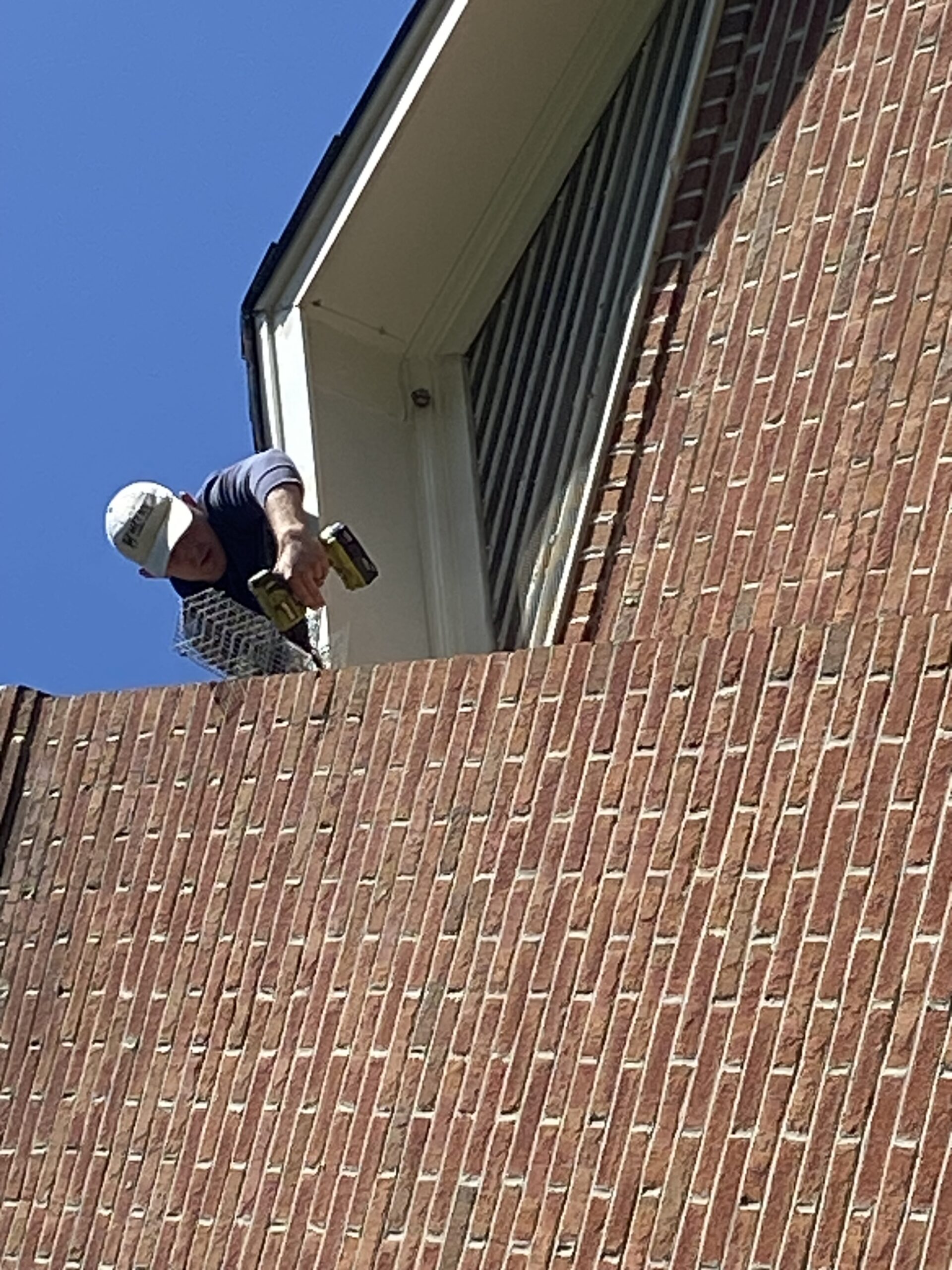How long can a squirrel live in a trap?
===INTRO:===
Wildlife is both an asset and a challenge to residential areas. The presence of squirrels, for instance, can be a double-edged sword. While these furry creatures can be an adorable spectacle, they can also be a nuisance when they invade homes and cause property damage. It is best to deal with squirrel intrusion professionally through a service like Metro Wildlife Control. However, when traps are used, one question arises: how long can a squirrel live in a trap? Let’s delve into this topic to better understand the lifespan of a trapped squirrel and the duration of survival it can sustain in captivity.

Understanding the Lifespan of a Trapped Squirrel
In the wild, squirrels have an average lifespan of 6-12 years, but this can be significantly reduced when trapped. The life expectancy of a trapped squirrel largely depends on the type of trap used, the conditions within, and the care provided after trapping.
Squirrels are small mammals that are extremely sensitive to stress and changes in their environment. Trapping can cause significant stress, potentially shortening their lifespan. Once trapped, a squirrel’s ability to find food and water is restricted, which can lead to starvation and dehydration, reducing their survival rate drastically.
Moreover, the confined space within a trap can make squirrels more susceptible to injuries or diseases. Lack of movement can lead to the development of sores and infections. Therefore, it is crucial to monitor trapped squirrels regularly and ensure they are taken care of properly to prolong their lifespan in captivity.

Survival Duration: How Long Can a Squirrel Live in a Trap?
Typically, a healthy squirrel can survive up to a few days in a trap without food or water. However, this duration can decrease with the rise in temperature, as they can suffer from heatstroke. On the other hand, if the temperature drops too low, the squirrel can suffer from hypothermia. Both these conditions can lead to the death of the squirrel within a few hours.
If the trapped squirrel has access to food and water, it can survive longer, but the stressful conditions inside the trap can still affect its health negatively. Prolonged stress can weaken the squirrel’s immune system, making it more vulnerable to diseases and infections. Therefore, it is recommended to check traps on a daily basis, preferably twice a day, to ensure the humane treatment of these creatures.
Regular checking of traps not only minimizes the suffering of trapped squirrels but also allows for their swift removal and relocation. This is particularly important for squirrels that are nursing or pregnant, as they require immediate assistance to ensure their survival as well as that of their offspring.

===OUTRO:===
In conclusion, a trapped squirrel’s survival largely depends on the conditions within the trap and the care provided after capture. However, trapping should be viewed as a last resort, and professional wildlife control services such as Metro Wildlife Control should be contacted to ensure the humane and ethical treatment of these creatures. Remember, wildlife control is not just about removing animals from our homes but also about co-existing with them in a manner that is respectful to their lives and natural habits.
